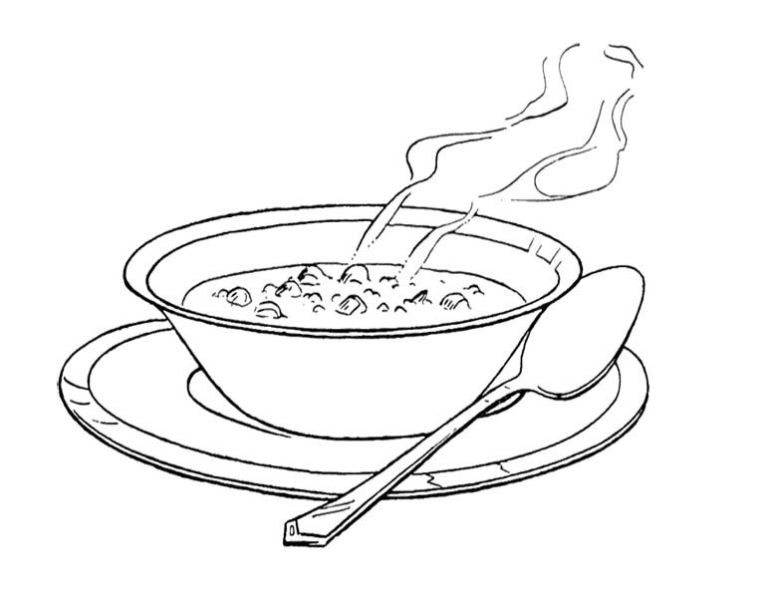A Mexican restaurant. Suppertime. I’ve been traveling. Earlier today, I spoke to a roomful of Presbyterians.
They were emotionally stiff. Only one gentleman in the audience laughed. His name was Davidek. Davidek is from the Czech Republic. Davidek laughed because he doesn’t understand English.
In fact, he only knew two English words: “Thank you.” Davidek shook my hand and said “Tankyou tankyou, tankyou,” nearly nine hundred times.
I pull off the highway. This joint is small. It borderlines on a dive. The stool cushions are torn. There’s a funny smell. A television above the bar.
My waitress is not Mexican. She is from North Tennessee. Her drawl is so mountain-thick it’s music. She has red hair and freckles. She is twenty-two.
It’s a slow night. Servers are playing on phones. The cooks are bored. My waitress is a talker.
“Where’re you headed?” she asks.
“Lake Martin,” I say.
“Oh dude, I LOVE it there, that’s where we went on our honeymoon. I SO wish we could move there.”
“You’re a long way from
Tennessee. How’d you get this far South?”
“Oh, we been here three years. We came after my husband got laid off, I was pregnant. My husband needed a change of scenery.”
“What’s your husband do for a living?” I ask.
She points to the kitchen. “Right now? He works here. That’s him, cooking in back.”
The Hispanic man waves a spatula at me.
She laughs. “He’s one semester away from being an engineer. We’re so proud.”
“He must be smart. I can’t add more than two numbers at once.”
“He is. And I just started college, too, end of last year. Only taking a few classes ‘cause I’m busy all day with my daughter.”
She removes a cellphone. She shows me a photo of a toddler with a ribbon on her auburn head, a feeding tube…







